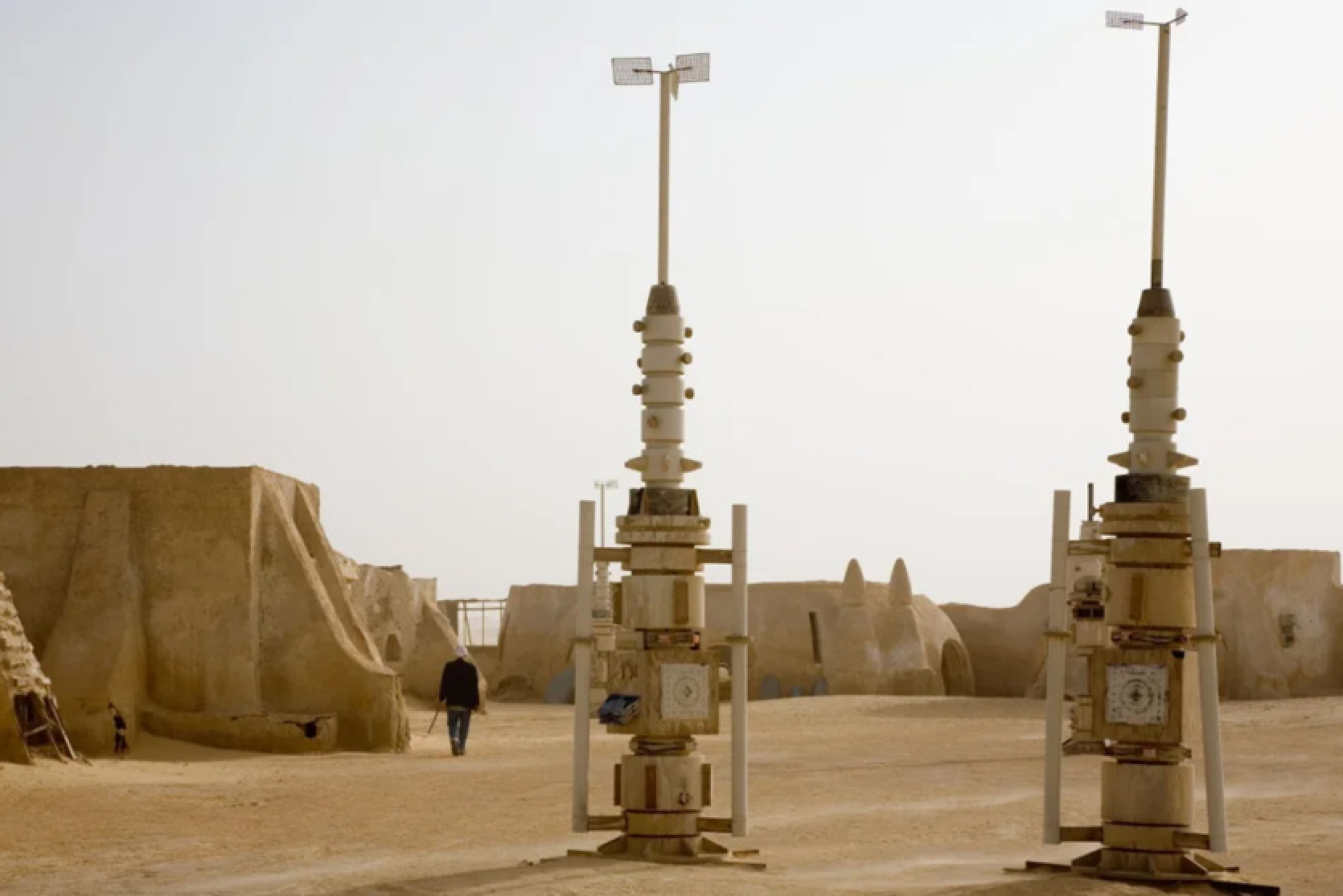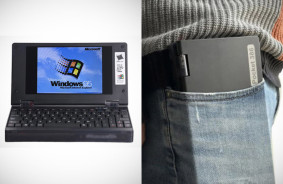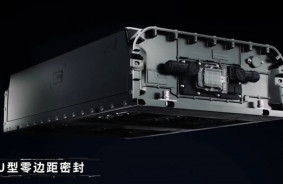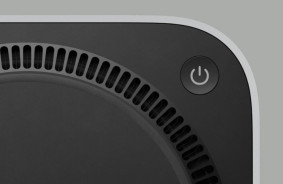Indian startup Uravu Labs is using technology to extract water from the air, similar to that presented in the "Star Wars" franchise. Moisture vaporators mentioned in many places, helping residents of arid planets like Tatooine - why not do the same in India?
Swapnil Shrivastava personally experienced a shortage of fresh water, which threatens even large cities like Kolkata during dry periods. In 2016, the city's residents were given two buckets of water per day from tankers. The enthusiast has always been interested in water scarcity, in 2012 Shrivastava won a student competition on future water projects in cities, curiosity eventually drove him to search for solutions. In 2019, this idea prompted him, Govind Balaji, and Venkatesh Raju to create the Uravu Labs startup in Bangalore.
"One of the inspirations was 'Star Wars', where there is a device that creates 'air-water'. I thought, why not try it? It was more of a curious project," Shrivastava said.
The system converts air into water using a liquid desiccant that absorbs moisture from the air. Using sunlight or renewable electricity, atmospheric water generators heat the desiccant to 65°C, releasing water which then condenses. The entire process takes about 12 hours. During this time, each installation produces approximately 2000 liters of drinking water. Currently, Uravu Labs sells water to 40 HoReCa clients who use it to serve their customers.
There are two main ways to obtain atmospheric water. The first is the cooling and condensation process, where moist air is cooled to the dew point to obtain liquid water. The second is a desiccant-based system that uses hygroscopic materials to absorb moisture from the air and then release it by heating.
Atmospheric water production technology has a relatively large market. According to the Global Market Insights report, in 2022, the market in the USA alone was estimated at $3.4 billion. It is expected that the global atmospheric water production market will reach $13.5 billion in 2032. On-site water production has an economic advantage as it is quite heavy and requires significant transportation costs.
Looking ahead, Uravu Labs is studying advancements in materials science that can increase the efficiency of desiccants. The startup aims to develop technology that would reduce the required temperature from 60°C to 40°C. Uravu Labs is also preparing to launch pilot projects to install water generators in data centers in India and Singapore. Data centers generate a lot of heat, which is usually wasted. This process will lead to a 95% reduction in the freshwater consumption of the data centers themselves.
Source: BBC














Comments (0)
There are no comments for now